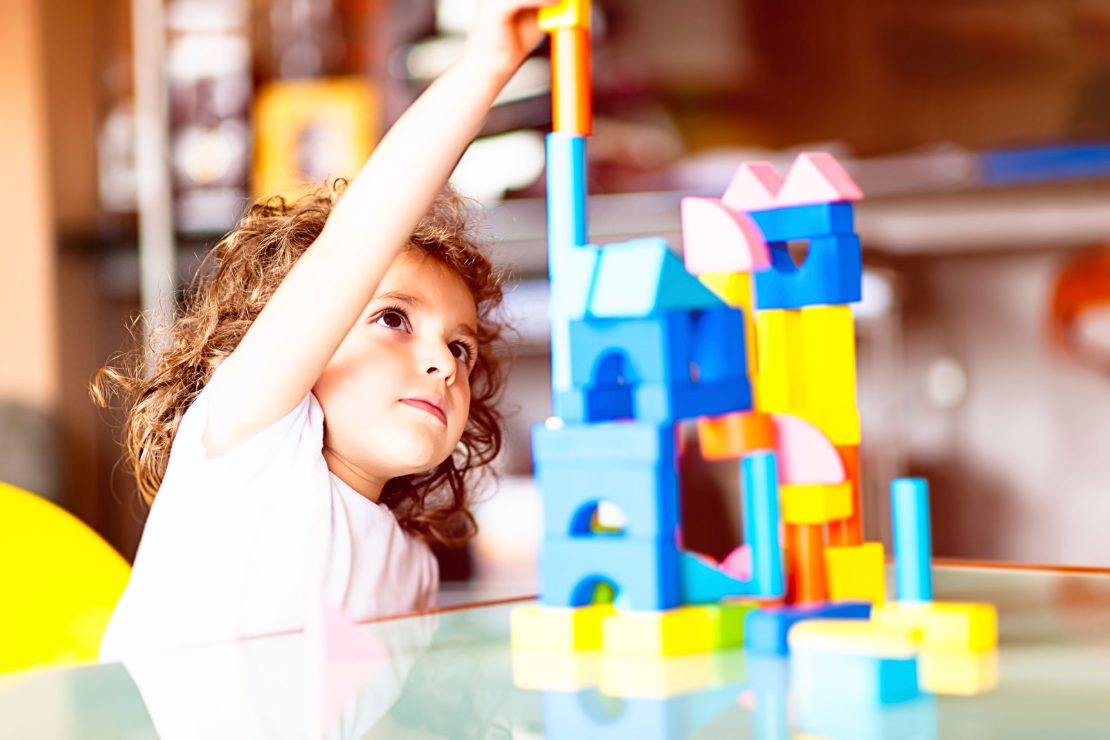
Four Ways To Help Your Kindergartner Focus

Start nurturing the focusing skills school demands
Your Kindergartner’s teacher tells you that he consistently has trouble staying focused at school. He misses directions, forgets to bring home books, and loses his belongings. You may notice these patterns at home, too. His room is a mess, his toys are frequently missing, and he seems downright scattered. As students move through school, they are required to stay focused on tasks for increasing amounts of time. Help your Kindergartner develop stronger focusing skills with the ideas detailed below.
Set a Timer
Many, especially those who have challenges staying focused, become antsy after just a few minutes of being engaged in an activity. Help your child extend his focusing window using a timer for completing tasks. Start by setting the timer for 10 minutes and have him work on a given activity for that period of time. When the timer rings, give him a five-minute break, then have him work for 10 more minutes, then take another five-minute break, and so on. After several days or weeks of following this pattern, try increasing the “focusing window” to, say, 12 minutes, then 14 minutes, and so on. You might also find that you need to start with a shorter initial time window if even 10 minutes is too long for your child. The key is to start with a small window and increase it as your child develops stronger focusing skills.
Limit Screen Time
Most parents have witnessed their child watching television with such focus that they seem to be in a “zone,” completely out-of-touch with their surroundings. This type of focus, known as “hyperfocus,” when a person focuses on one subject exclusively, can harm a child’s ability to excel in school. At school, kids need to have strong “intentional focus,” which involves setting a goal and focusing on it for a given amount of time. Instead of allowing your child to zone out while watching television, encourage her to engage in hands-on activities that require intentional focus, such as building a castle using blocks, finishing a coloring book, or completing a worksheet.
Play Games
Play active games that help strengthen your child’s focusing skills, such as Follow the Leader or Simon Says. To play Follow the Leader, a leader is chosen to head the line while the rest of the players line up behind him. The leader performs certain actions and the other players mimic them. Any player who does not correctly “follow the leader” is out. Likewise, with Simon Says, one player, deemed “Simon,” dictates specific actions for the players. The players must only follow Simon if his command begins with “Simon says,” requiring players to stay focused and only move when these words are spoken. Those who follow an action without the words “Simon says” are out. By practicing these types of games, your child will learn to focus better on a given task, a skill that transfers directly to the classroom.
Integrate Rewards
Most children, especially those of Kindergarten-age, respond well to rewards. Set up a rewards system to help your child develop stronger focusing skills. For instance, create a chart with stickers. When she successfully completes a 10-minute activity without getting distracted, for instance, she earns a sticker. If she earns, say, ten stickers, she earns a prize from your “prize box,” which could be a shoe box filled with small toys such as bouncy balls, sticky hands, bracelets, and so on. If those types of prizes don’t motivate her, sit down with her and come up with rewards that excite her, such as extra screen time, a trip to the movies, or a special lunch date.
If you find that even after trying these tactics, your child still struggles tremendously to stay focused, and is also disorganized, scattered, and forgetful, he may have a deeper attentional challenge, such as ADHD. If that’s the case, a complete evaluation may be useful so that appropriate accommodations and services can be integrated into his classroom. For others, however, using the strategies above can help them develop stronger focusing skills and academic success.
